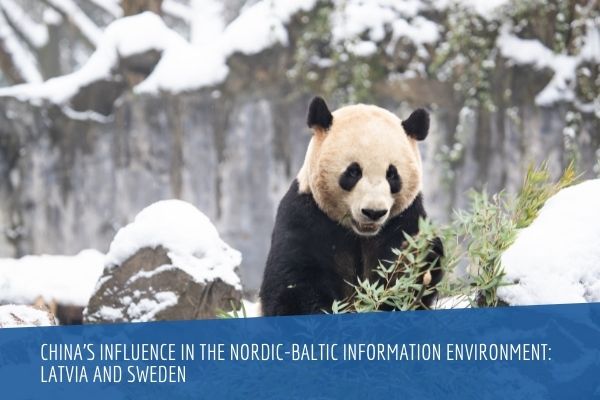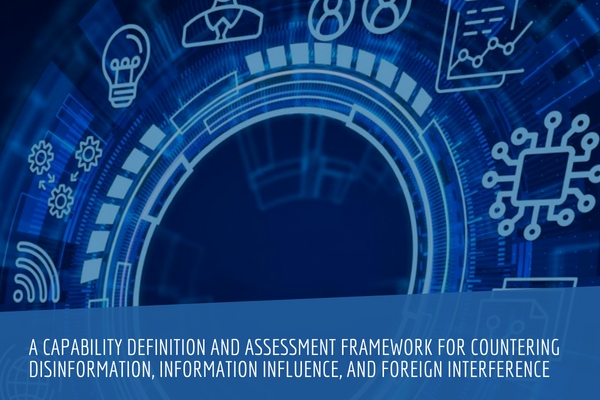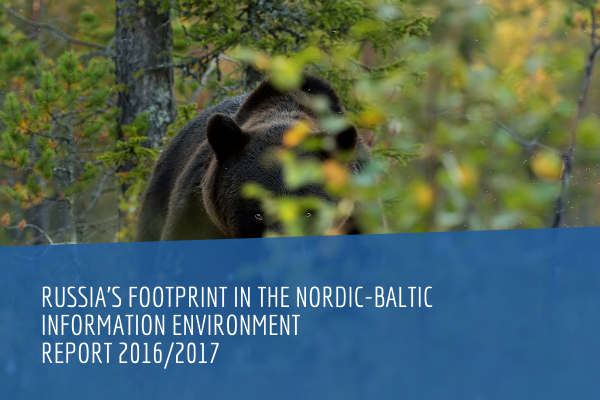This is an executive summary of the three chapter report on China’s influence in the information environment of the Nordic–Baltic region. The authors and contributors to the study are:
- Russia’s and China’s influence in the Nordic–Baltic region by Edward Lucas
- China’s influence in the Latvian information environment by Una Aleksandra Bērziņa- Čerenkova and Egle Klekere
- China’s influence in the Swedish information environment by Björn Jerdén and Viking Bohman
The report is aimed at understanding China’s influence in the region, by undertaking analysis of China’s communication tactics and tools, its strategic narratives and their prevalence in public discourse in the Nordic– Baltic region, illustrated by two case studies: Latvia and Sweden. From the Nordic countries, Sweden was chosen for analysis due to its tense bilateral relations with China over the last few years, and encountering China’s confrontational communication efforts, labelled as ‘wolf warrior’ diplomacy. From the Baltic States, Latvia was selected given the role of its capital, Riga, having been chosen as headquarters of the overseas representations of various Chinese institutions and public diplomacy activities in the Baltics. In contrast to Sweden, Latvia has experienced less attention from China’s communication efforts. The report looks at China’s influence in two dimensions. First, it analyses avenues of China’s influence in the countries of analysis; in this way, it tries to understand the commonalities and differences in China’s approach to these countries. Second, it analyses how China’s activities are reflected in the media space of the target countries. Thus, the report seeks to understand to what extent China’s official ‘frames’ are converging with the views expressed in local media, and potentially influencing public attitudes






